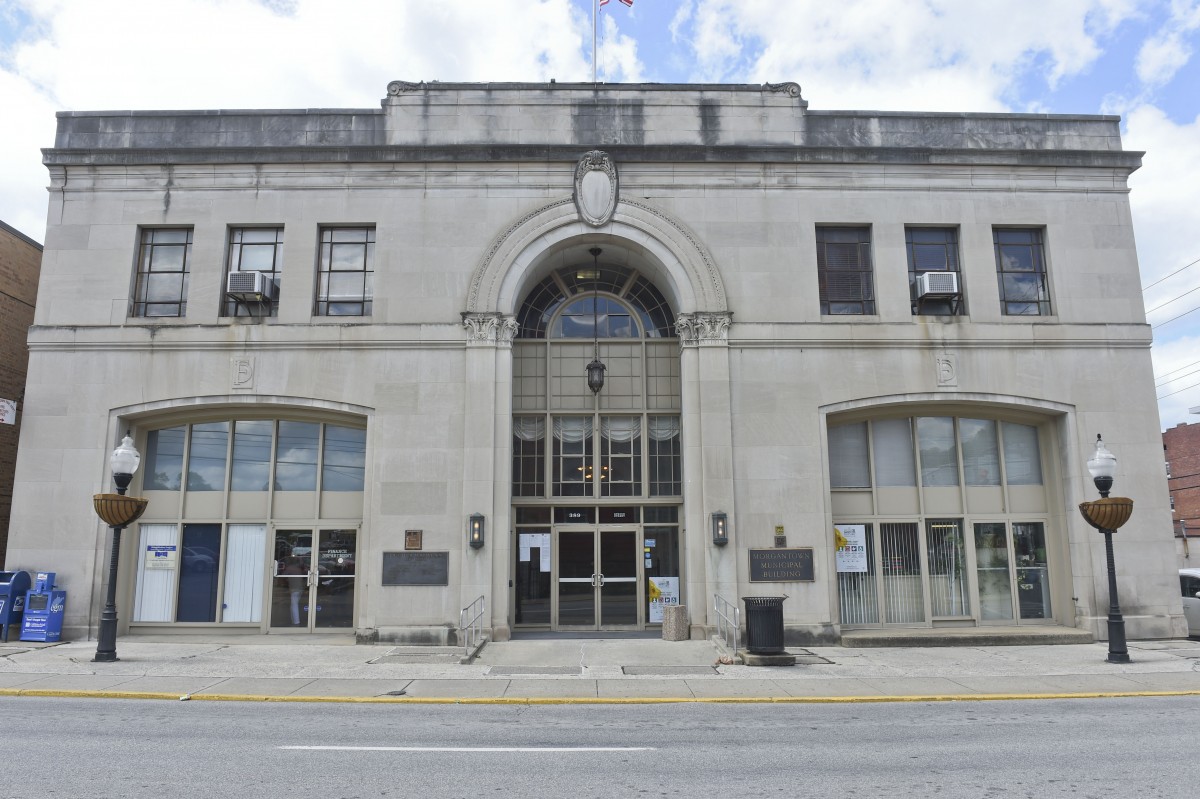MORGANTOWN — The Morgantown Human Rights Commission, and about 14 members of the community, attended Tuesday’s committee of the whole session to ask Morgantown City Council to ban conversion therapy within the city.
Conversion therapy is defined as the use of various methods (such aversive stimulation or religious counseling) in an attempt to change a person’s sexual orientation to heterosexual or change a person’s gender identity.
Ash Orr, who chairs the city’s human rights commission, said the data presented by all major medical associations indicates use of such therapy leads in a much higher instance of negative mental health outcomes and greater risk of suicide attempt.
Orr said Charleston recently passed an ordinance very similar to the one the HRC is preparing.
Asked if conversion therapy is occurring in Morgantown, Orr said it is.
“I was given information that it is occurring within Morgantown under the guise of some religious entities as well as, I guess, councilors — not like therapists or psychiatrists, but councilors,” Orr said. “There is one entity, especially, within Morgantown where kids are being sent under the guise of gaining self-confidence, but they are definitely teaching anti-LGBT things and encouraging these children to look inwards. It is occurring within city limits.”
While an ordinance has not yet been presented to council, the forthcoming legislation would likely set up the human rights commission as the body responsible for investigating claims of conversion therapy.
Those investigations would pertain to such activities taking place in counseling or professional settings, but would not have jurisdiction over activities taking place within a church community.
City Attorney Ryan Simonton said the HRC does have investigatory powers over complaints of violations of the city’s human rights ordinance that are not being investigated at the state level.
He said those steps include complaint intake, informal investigation, offer of conciliation between complainant and alleged violator and, if that fails, findings and adjudication by the commission.
“I don’t know that the commission has actually received a complaint over which it had jurisdiction since city council enacted that legislation in, I believe, 2017,” Simonton said. “But they do have a process in place.”
The issue drew the support of more than a dozen individuals who turned out to address council, including the Rev. Zac Morgan, of the First Presbyterian Church.
“We cannot and should not, of course, try to ban internal beliefs of religious communities,” he said. “But we can and must intervene when these beliefs move into the realm of practice that cause real physical, emotional and spiritual trauma outside of the sanctuary and into a counseling program or psychological practice setting.”
TWEET @DominionPostWV




